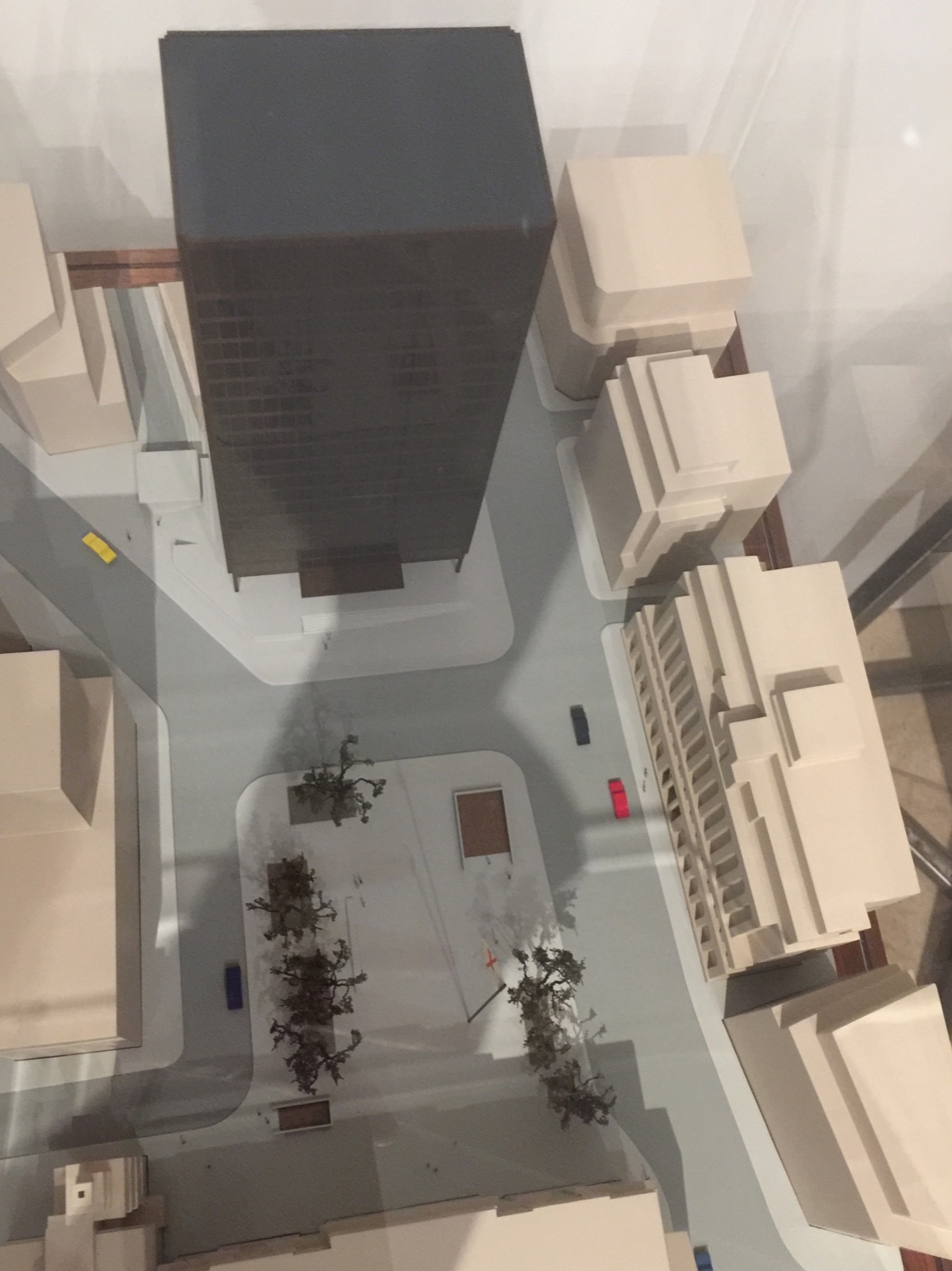Artists Hidden from Human Gaze
Kate Jordan

he article ‘Artists Hidden from Human Gaze: Visual culture and mysticism in the nineteenth-century convent’, offers a reading of nineteenth-century Roman Catholic theology through the sacred art produced by and for nuns. The practices and devotions that the article explores, however, are not those that drew from the institutional Church but rather from the legacies of mysticism: convents were seats of mystic theology until the Counter-Reformation and much of the literature of medieval and early modern mysticism was written by nuns. Scholars have proposed that mysticism was stripped of its intellectual legitimacy and relegated to the margins of theology by post-Enlightenment rationalism, thereby consigning female religious experience to the politically impotent private sphere.
Affective Disorder: Architectural design for complex national identities
Samir Pandya

‘Architecture, Nation, Difference’, a special issue of the journal National Identities, 22(4) – edited by Samir Pandya – explores the hermeneutic potential of architecture’s relationship with national identity. It advocates neither for ‘nation’ nor ‘identity’, conceding that both are reductive concepts founded upon exclusion, and that architecture which advances ideas of national identity will be complicit. The featured articles reveal, complexify, or transgress the oppressive bond between architecture and national identity and, although thematically divergent, they share two key concerns. Firstly, an interest in how ‘difference’ disrupts narratives of nationhood in architectural contexts.
Architecture and Faux-nationalism: Ludwig Mies van der Rohe and Gavin Stamp
Victoria Watson

When I was invited to contribute to the special edition of National Identities: Architecture, Nation, Difference, I saw it as an opportunity to further my research into the phenomenon of the avant-garde. Avant-garde is interesting in the context of national identity because the avant-garde outlook is hostile to all identifiers, or differentiators, that are not freely chosen, whether they are determined politically, socially, culturally, biologically, or in any other way one cares to mention. In critical discourses, where architecture, nation and difference are debated, the avant-garde spirit has become neglected, or is treated superficially and misunderstood.









